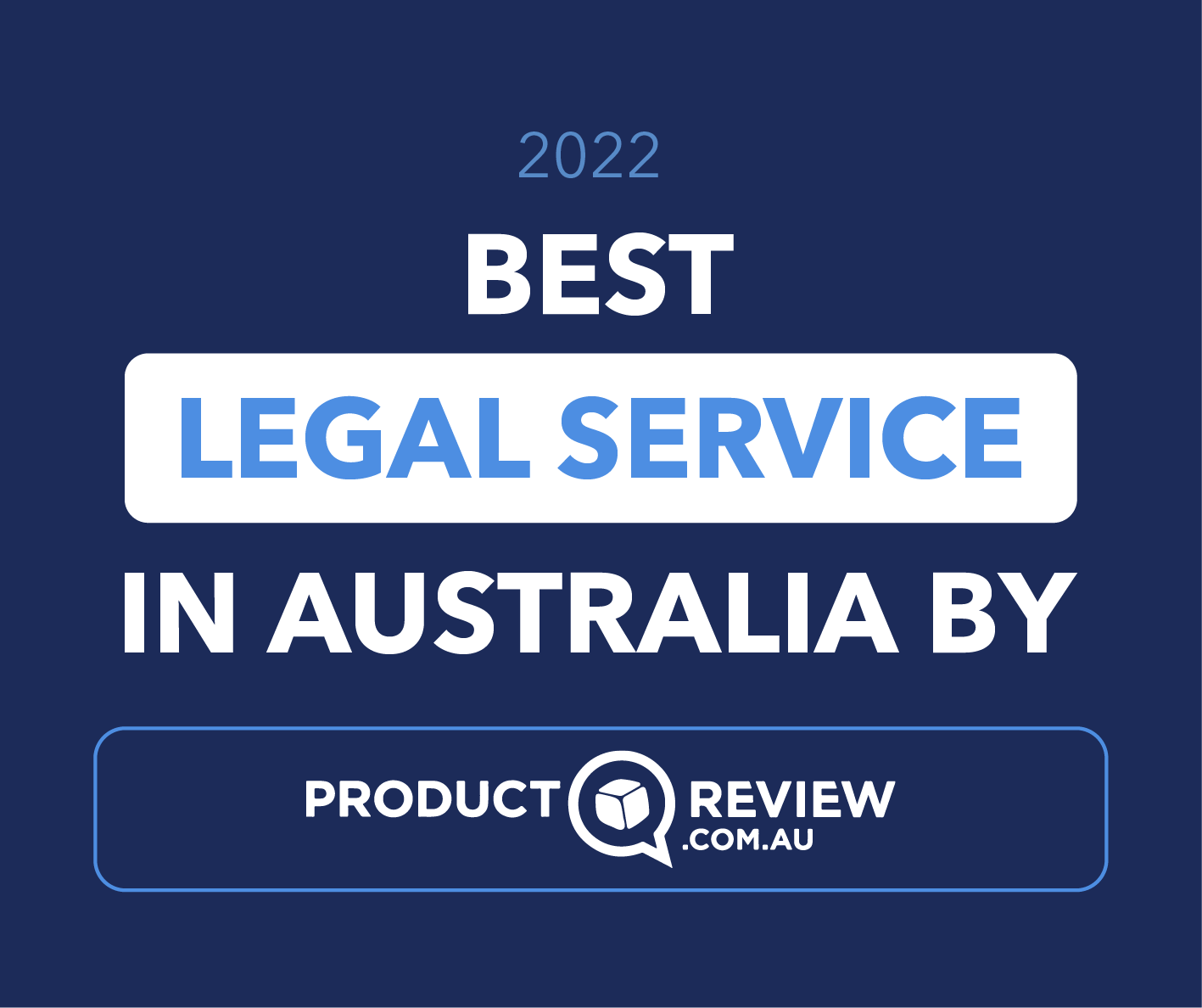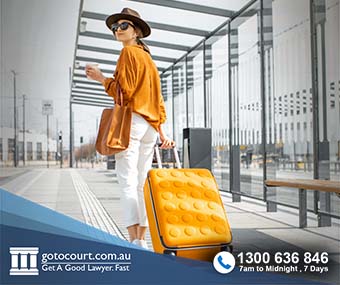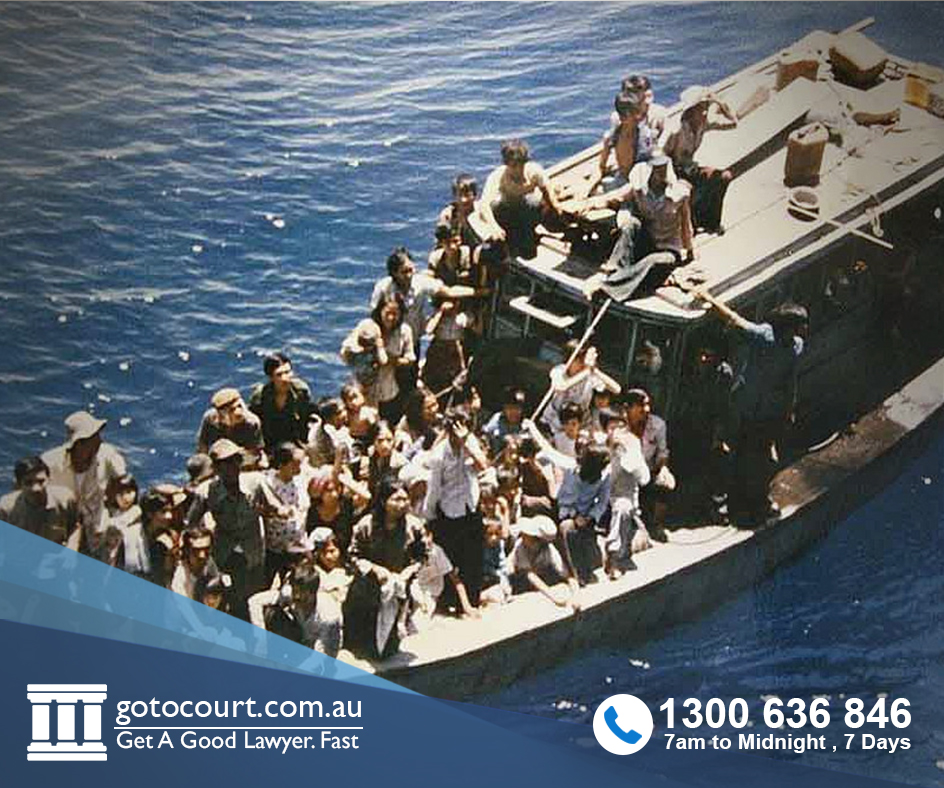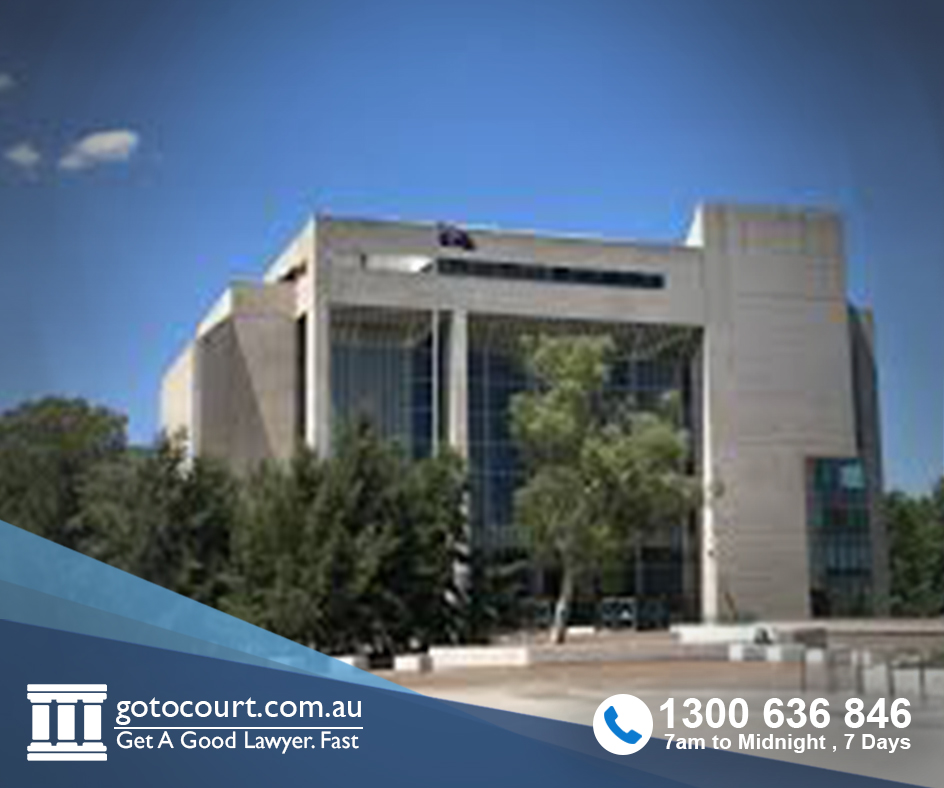Call our lawyers
now
or,
have our lawyers
call you
Trump’s Immigration Ban: A Possibility for Australia
Trump’s Immigration Ban: A Possibility for Australia
Written by Tanguy Mwilambwe
In case you have not heard, Trump’s immigration ban is dead, for now. But what about Australia? Can we implement a similar law preventing people from entering and remaining in the country on the basis of their passport or where they have recently travelled?
As it turns out, Australia could see its own “Muslim ban”.
Enter the Migration Amendment (Visa Revalidation and Other Measures) Bill 2016
Through the Migration Amendment (Visa Revalidation and Other Measures) Bill 2016, the Immigration Minister could have the power to cancel a visa on the basis of where the person comes from. This would be subject to the Bill passing both Houses of Parliament.
Under this proposed law, the visa holder can have their visa approved but if they do not pass a revalidation requested by the Minister, they could have their visa cancelled. This can happen to visa holders who live in Australia but have gone overseas, leaving them stranded while they await revalidation.
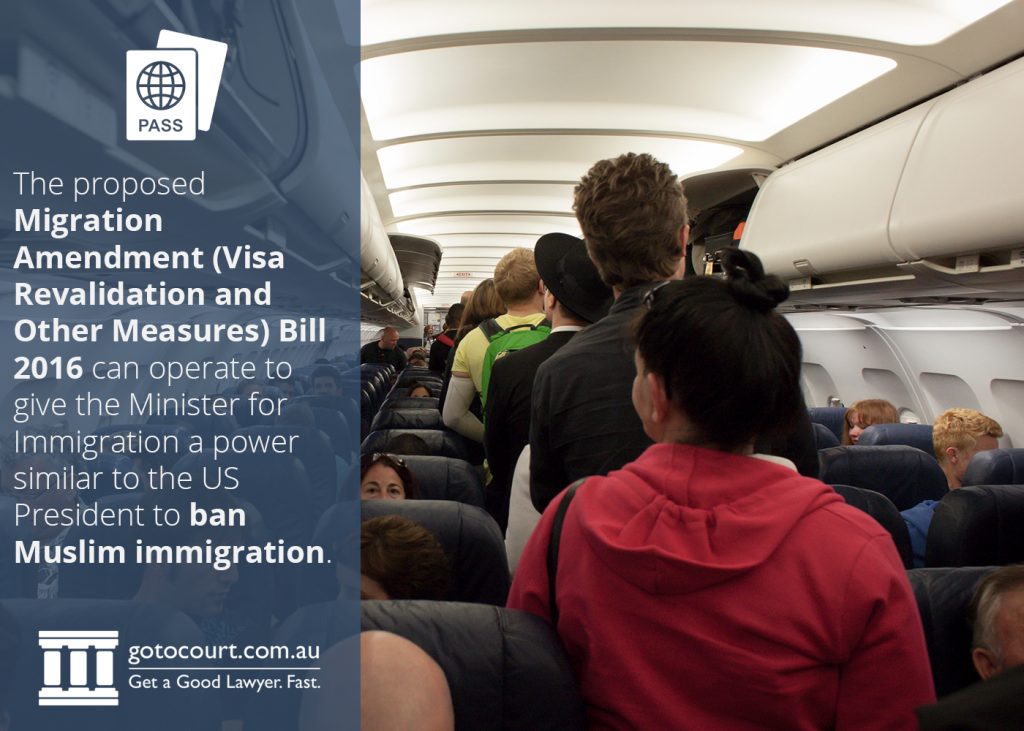 Public interest orders
Public interest orders
Under the proposed legislation, the Immigration Minister would have the power to specify whole groups of people which would be subject to visa revalidation if it is in the public interest. What is generally accepted as ‘in the public interest’ are activities or behaviour which would adversely affect the Australian community’s safety or health.
Adverse information
The proposed laws also give the Minister the power to request any visa holder to revalidate their visa. The draft legislation currently states that a person would pass revalidation if there is no ‘adverse information’ relating to them or it would be reasonable for the Minister to disregard the adverse information.
The legislation does not specify what adverse information would be, leaving the definition for the Government.
An Australian Muslim ban would be different to Trump’s
Australia’s legal and political system is different to the United States. The key difference being how each country treats the separation of powers.
In Australia, we elect our Members of Parliament and Senators directly in our electorates and states respectively. The party which has the most MPs in the House of Representatives is the one that forms government.
In the US, citizens get to elect both their parliamentarians and the Government separately. Under their constitution and system, they get to directly choose their President.
As a consequence of its unique version of democracy, the US Government has its own powers separate to that of the US Parliament. These powers include the ability to lay down Executive Orders which seem like law. The President’s Executive Orders are answerable to the Federal Courts and not the US Parliament.
This is how President Trump’s January 2017 Executive Order did not succeed – the Federal District and Appeals Courts said that the Executive Order was at odds with the US Constitution.
Australian MPs can form government on the basis of holding a majority in the House of Representatives. The Australian Government’s power, and that of the Prime Minister, is more limited than our US counterpart.
Our Prime Minister can only administer the power available to them that is already law. It is the same with the entirety of the Government.
If the Australian Government is not happy with how the law proposes things should be managed, it must get a new law passed by both the House of Representatives and the Senate.
Laws passed by our Parliament and enforced by the Government are then tested in Australian Courts.
No protection under the Australian Constitution
The key reason why President Trump’s immigration ban failed was because it was deemed ‘unconstitutional’. The US Courts said that while Trump has the undeniable right as US President to make Executive Orders, the subject of those Orders has to be within the boundaries of what is permitted under the US Constitution. Specifically, the Executive Order banning immigration from seven predominantly Muslim countries amounted to a breach of the Fifth Amendment to the US Constitution – the United States Bill of Rights.
Australia currently has no such Bill of Rights or even a Human Rights Act. As a consequence of the limited personal rights enshrined in Australia’s Constitution, there would be no constitutional protection afforded to migrants if their visas were cancelled under the proposed laws.
It is up to our elected representatives, not the courts
As Australia’s Courts are limited to applying only what is the law and the Constitution, they could make no such order stopping the Minister from cancelling visas on the basis of where those migrants have come from.
Instead, Australians rely on our elected representatives to debate and vote on whether the Government should be given the power to make a Trump-like immigration ban.
Checks and balances are in the legislation
On the other hand, the Migration Amendment (Visa Revalidation and Other Measures) Bill 2016 limits the power of the Immigration Minister to make a personal revalidation order that is in the public interest. This means that the Immigration Minister cannot get someone else to make the order, otherwise the order would not be lawful.
Further, the Bill requires the Minister to put a statement about the order before both houses of Parliament. The statement cannot name a particular person or include any identifying information.
In its Explanatory Memorandum, the Government explains it will use this personal public interest power sparingly. In particular, only in light of cases where there is an ‘increased risk to the Australian community resulting from a health, security or other incident’ in a particular place and the Minister believes it is in the public interest to act quickly.

Affordable Lawyers
Our Go To Court Lawyers will assist you in all areas of law. We specialise in providing legal advice urgently – at the time when you need it most. If you need a lawyer right now, today, we can help you – no matter where you are in Australia.How It Works






1. You speak directly to a lawyer
When you call the Go To Court Legal Hotline, you will be connected directly to a lawyer, every time.

2. Get your legal situation assessed
We determine the best way forward in your legal matter, free of charge. If you want to go ahead and book a face-to-face appointment, we will connect you with a specialist in your local area.

3. We arrange everything as needed
If you want to go ahead and book a fact-to-face appointment, we will connect you with a specialist in your local area no matter where you are and even at very short notice.





